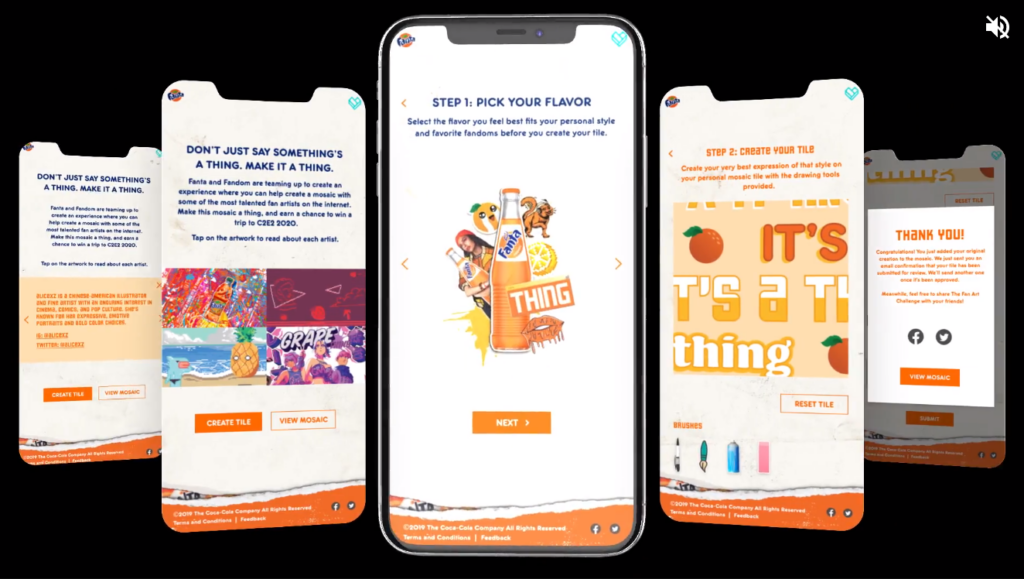Lisa Morton is Global Director of Marketing at Incubeta, whose clients include Amazon, Disney, Fanta, Netflix, and Marks & Spencer. Morton discusses changes in data, increasing cross-team collaboration, and the importance of creating brands with personality.
What are some of the industry trends you are most excited about and why?
I’m excited to see the move to first-party data. Innovative and original approaches often follow challenges and change. This includes geo, feed-based product campaigns, and influencer marketing. Your first-party data should allow you to continue delivering a personalized experience, sending consumers messaging they expect, and appreciate seeing. In 2023 Universal Analytics will stop processing new hits, and third-party cookies will end in 2024. We’re excited to help our clients continue to build and refine their data strategies following these changes.
How tough it is to work in this industry, and what advice would you give?
New regulations and technologies are shifting the way we think and work competitively. The additional challenge is marketing to marketers. You become very jaded to other people’s marketing attempts. So, it’s crucial to get the fundamentals right.
Start with your customer — the most important aspect of creating an effective, strong brand is to deeply understand what makes them tick and what inspires them. When creating a brand, it can be easy to try and incorporate too much and dilute the personality that you want to reflect. Great brands create clarity through simplicity, and part of the way they achieve this is by being ruthless about what they include and what they exclude.
While personalization can help brands drive improved results from their advertising it’s important that your brand remains consistent, and, above everything else, a great onboarding/training plan. Our training plan aims to strike a balance of technical, applied digital marketing and strategic knowledge.

It’s key to understand your consumer journey first. The first-party data you’re tracking may not be as broad as the prospective audiences you had before, but it’s still valuable. Use it to generate audiences across your marketing channels.
Companies should consider building forms with continued progressive profiling to regularly enhance their audience data. There’s also a lot you can do with a solid content strategy on your website that will allow you to build interest-based audiences. Finally, hiring those who possess natural creativity, both in strategy and output, is always going to be a benefit in this industry.
What are some of the pain points in marketing that you’ve experienced?
Marketers are often limited by the quality of data they collect, and sourcing accurate data isn’t always accessible. Also, collaboration for support with content production and/or promotion can cause bottlenecks that elongate the process. Educating others on how their work fits into the wider picture can add huge benefit in terms of motivation and working in alignment.
What’s a marketing achievement that you’re happiest about?
Taking three individual brands and amalgamating them into one digital powerhouse geared for growth. We are still growing but it feels incredible anytime someone recognizes our brand, and the journey we’ve made in the last 5 years.
How do you improve your data In B2B marketing?
Marketing cannot work in a silo from sales and client servicing. We need each other. Implement a CRM system that effectively unites marketing, sales and ongoing customer data; I’d recommend HubSpot and Salesforce. Also put clear processes in place and in writing.
Managing and maintaining data can be challenging if you’re trying to do it alongside another role so hiring a specific person to oversee your data can be a huge benefit when it comes to making important decisions. Promoting a data driven culture within your business can make a huge difference.
A change of mindset driven from the highest levels of the organization is necessary to ensure that the required technical and organizational resources are available to achieve this transformation at all levels of the business.
